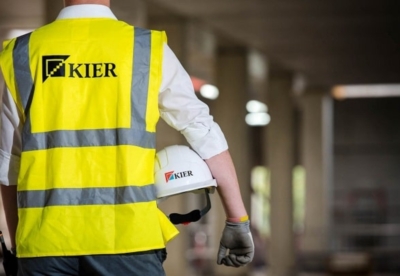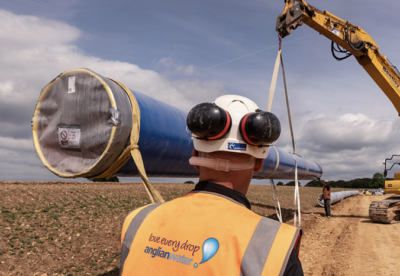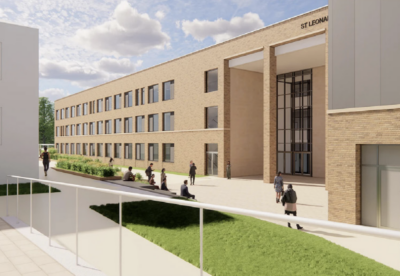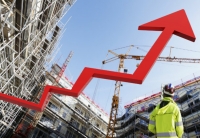The reverse charge VAT change was due to come into force last October but was pushed back a year following industry lobbying.
Now construction leaders want to see it shifted back again to October 2021 “at the earliest” as the industry struggles to cope with the impact of Covid-19 on cash flow.
Leading industry trade bodies have written to Chancellor Rishi Sunak warning that implementing the change this year will threaten the survival of firms.
The planned reverse charge changes mean companies in the construction supply chain will no longer receive their 20% VAT payment when they submit bills.
The VAT cash will instead be paid direct to HMRC by the customer receiving the service who will reclaim it in the normal way.
An industry survey has also highlighted that more than one third (39%) of the industry are not aware of the planned changes.
The letter added: “The scope for companies in the industry to prepare themselves has also dropped, as anecdotal evidence suggests that the staff required to prepare for the change, for example in finance or IT, have been furloughed as part of efforts to protect the firm.
“Withdrawing cash flow from the supply chain risks the survival of some firms.
“Activity in construction has dropped significantly due to the virus. Firms that have accessed emergency finance through government-backed schemes will be diverting their profits to pay back these loans.
“They will therefore struggle to accumulate the working capital necessary to mitigate the impact on cash flow of reverse charge VAT.
“The impact on cash flow is especially problematic for firms purchasing high value materials that are VAT-rated, but delivering construction services subject to reverse charge VAT.
“Delaying the implementation of reverse charge VAT will support the industry to contribute to this recovery and to retain the capacity necessary to deliver on the Government’s housing and infrastructure projects in the years ahead.”







.gif)



















































